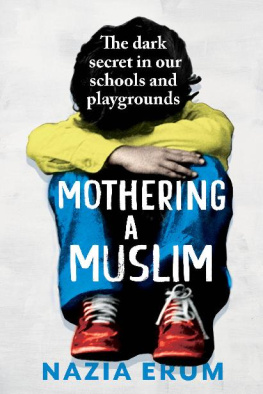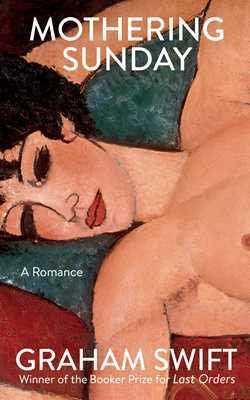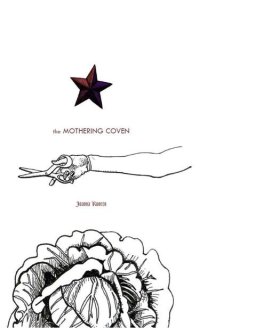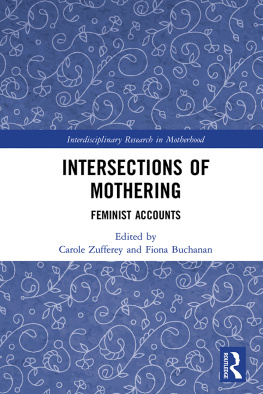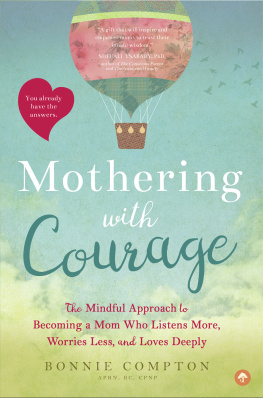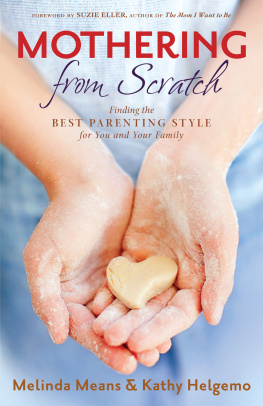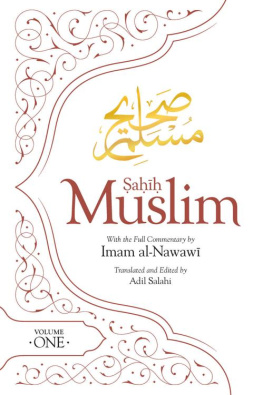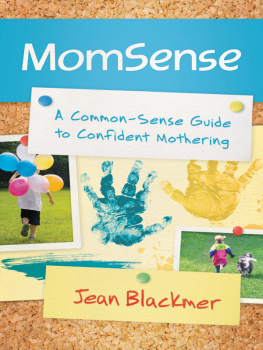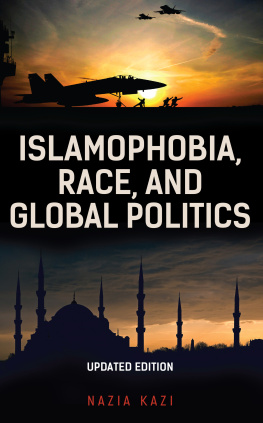Mothering a Muslim
Preface
Authors Note
Our earliest memories shape us as people. We might add a new layer of learnings on a foundation of grainy ideals, but at our core we hold on to the beliefs and ideas we absorbed as children. The ones our mother taught us. Mothers are our bridges between the inner and outer worlds. I believe they are our first shelter and our last refuge.
When I became a mother myself I immediately felt the weight of the task ahead. The year was 2014. And our country stood divided along religious fault lines. Within the minority Muslim population, a fear was palpable. As I held my little daughter, Myra, for the first time, the fear found a place in me too. I was worried of even giving her a Muslim-sounding name. But as an educated, working metropolitan woman, I wanted to reject this unnamed fear. I wanted to work towards a bright, positive future for my daughter. I wondered if that was possible.
As I tuned in to the conversations around me, I found little that looked at the Muslim motherhood experience from an urban middle-class perspective. I wanted to know whether a Muslim mothers worries were any different from that of her Hindu, Christian or Sikh counterparts. What were the challenges that were exclusively hers? And why had I never heard of them before? What did it mean to raise Muslim children today in this increasingly polarized world? So I set forth on a journey to fill this empty narrative space, believing we are in parts every woman we meet in life.
This book is that journey.
I was unprepared for what lay ahead. The stories that tumbled out of closets were unbelievable and often devastating. I reached out to 145 families across twelve cities over a span of a year for my research. To begin with, I was clear I did not want to speak with women living in all-Muslim neighbourhoods. I wanted families, like mine, who have always lived in mixed localities and prefer to do so. Families that actively live the idea of India in their day-to-day lives.
Next I wanted to document the lived experiences of the urban, educated Muslim women and their families. The authentic Muslim woman is so much more than a symbol but she is mostly missing in our media-driven discourse.
During the course of my research, I met many authentic Muslim women. There was a feisty hijabi principal; a burkha-clad single mother of two who was an ex-Facebook and ex-Google employee; an Urdu- and paan-loving patriarch; a bob-haired child psychologist; a gynaecologist in a niqab; a district-level swimmer; a state-level basketball player; a dentist; an advocate; an IT professional; and a shayara. A homemaker; a university lecturer; a civil rights advocate; and a development professional. A member of Parliament; an author; an activist; and a feminist.
My authentic Muslim woman drives in her veil, she puts a bindi on her face. She is your neighbour, your childs schoolteacher. She is everywhere if you care to look.
They were a varied bunch but most of them told a single story that they were worried and fearful for their children, many of whom were targets of Islamophobia and nationalism in their classrooms and playgrounds. I was shaken by their stories. I was advised not to publish my findings, lest I become a target of bigotry.
But the large-scale incidence and the under-reporting of the subject worried me immensely. Eighty-five per cent of the hundred-plus children I spoke to told me that they had been bullied, hit or ostracized at school because of their religion. Even after I had completed my research for this book, I kept hearing more and more such stories from all across the country. And yet we dont speak of it openly even within the Muslim community. The malaise is growing but not too many people know about it as the victims parents talk only to their circle of friends and family and rarely to the school and media. The problem is compounded by the fact that the urban middle-class Muslim is intimidated by her own largely conservative community.
I worried for the children facing the communal bullying all alone at school without anyone recognizing or willing to acknowledge their plight. I worried for my daughter who will be joining them tomorrow in the same playgrounds and classrooms. We need to speak, not for ourselves, but for our children.
I have mentioned the names of the schools where children have been targeted for being Muslim in order to ground the book, and make my readers see that Islamophobia cuts across class and economics. But this is not so much a reflection of the classrooms as of the society we have become. The names are only to add nuance to our understanding of the world we have created for our children. Make no mistake, these schools are not where the problem begins or ends. Nor are they alone facing this. I fear it might be a problem in every school, at every level of our society.
Nor are the schools to blame. In most instances the school administration is not even aware of this problem because the children or their parents rarely complain to the authorities. While some schools remained indifferent when complaints were registered, some others made efforts to sensitize their students to accepting and embracing the other. Only some schools have been named within the chapters, in cases where the identity of the student was not being compromised. I have included at the end of the book a full list of the schools where my subjects study or studied. I have also noted in which schools the incidents were brought to the attention of the teachers and in which cases they were not reported.
The situation is complex and I sincerely hope all schools will take this as an eye-opener and individually and collectively think of measures to counter the hate that seems to be in the air.
Otherwise we will be guilty of setting these young people on the path to becoming hate-filled adults. Todays high school pass-outs will be voting in the next national elections in 2019 and todays class 5 students will be eligible to vote in the 2024 elections. Hate affects not just the tormented but also the tormentor.
This is not just a lone mothers fight. This is a fight for all of us.
The Muslims are coming
Her terrified scream echoed shrilly in the closed space of the car. They were everywhere, the mass of white-clad bodies. They had surrounded the car from all sides. Most of the faces had long beards and black marks on their foreheads. She had spent many nights imagining the horns that grew on that spot. They had finally found her too.
She felt panic grip her heart, squeezing it tight. Her skin broke into goosebumps. Her short hair was sticky with sweat. She ducked under the back seat of the car, and uttered the words that were choking her throat. The Muslims are coming They will kill us!
Arshia Shah and Harris Alvi turned around in surprise to look at their five-year-old daughter, Azania. They couldnt hold back their laughter.
Azania had just started school in a posh South Delhi locality. She knew she was an Indian, but not that she was a Muslim. She knew of Allah. But not that only Muslims believed in Allah. What is a good age to tell a child that she belongs to a particular religion? When does a child begin to associate the sound of a name with a particular religion? These were not questions Arshia and Harris had asked of themselves.
The couple had set out on an extended weekend break to Aligarh with their little girl for the annual visit to the grandparents. Their route took in many small towns that dotted western Uttar Pradesh. It was noon, and the Friday jamaat, prayer congregation, was dispersing from a masjid in one such small town. The road was crowded with cars and worshippers who were heading back home. Clad in pearly white kurta-pyjama and skullcaps, they walked and talked happily, with the words of the khutbah, the Friday sermon, still on their minds. Little did they know that inside a hatchback on that road a terrified five-year-old was cowering under the back seat as she screamed again to emphasize the urgency, The Muslims are coming!

